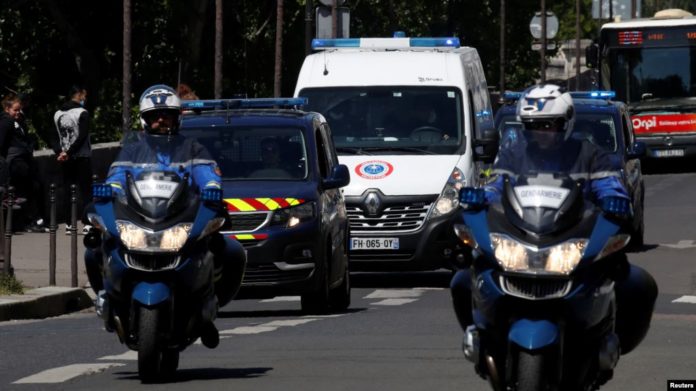
By Marc Matabaro
- Since around 2008, the ICTR Prosecutor’s Office has known the whereabouts of Felicien Kabuga
- In 2011, special deposition proceedings aiming to preserve evidence for future trial took place in the case of Kabuga before the ICTR
- The ICTR Prosecution actually requested these proceedings to be held not for the preservation of evidence but for it to assess whether it has sufficient evidence to secure a conviction against Kabuga
- Once the Prosecution realized that it had no sufficient evidences to secure a conviction, it found no reason or interest to arrest Kabuga for trial at that time
- The Prosecution chose to arrest him this time because it thinks that the trial will never take place due to Kabuga advanced age and his current health conditions
The International Criminal Tribunal for Rwanda (ICTR) which was headquartered in Arusha, Tanzania and the International Criminal Tribunal for Yugoslavia (ICTY) which was headquartered in The Hague, Netherlands, had been established by the United Nations (UN) to try those suspected of having participated in genocides that took place in those countries. The ICTR concluded its mandate in 2015 and the ICTY in 2017.
Both tribunals were replaced by the International Residual Mechanism for Criminal Tribunals (IRMCT) which is headquartered in The Hague and composed of two branches, one based in The Hague which has inherited functions from the ICTY and another one based in Arusha which has inherited functions from the ICTR.
Felicien Kabuga was one of the fugitives wanted by the ICTR under case file number ICTR-98-44B. The United States (US) had set a $ 5 million reward for information leading to his arrest. It had been always said that Kabuga’s whereabouts were unknown until it was suddenly reported in May 2020 that Kabuga was arrested in France.
It is, however, apparent that the contentions that the whereabouts of Kabuga were unknown, were not true. It is unclear how a superpower like the US, which has been able to track, capture or kill the notorious terrorists like Osama Bin Laden and others, has failed to track and arrest a person like Kabuga despite its reward!
The reality is that the US had uncovered the truth about the genocide perpetrated in Rwanda in 1994 after assessing all the information in its possession about that tragedy that had befallen Rwanda, to the point that it is now urging other nations that in respect of what happened in Rwanda in 1994 “ the scope of the acts committed must be properly captured”. After uncovering the truth, the US abandoned tracking Kabuga.
Since at least around 2008, the ICTR Prosecutor’s Office has known Kabuga’s whereabouts. This is evidenced by the fact that while the Prosecution requested the tribunal (ICTR) to hold, in Kabuga case, special deposition proceedings for preservation of evidence for future trial, it confirmed having conclusive information that Kabuga had left Kenya in 2008.
This causes to wonder how the Prosecution couldn’t have known Kabuga’s post of exit from Kenya, his destination and under which name he travelled whereas this is the initial information from which one can undoubtedly conclude that a person has left any country.
The ICTR Prosecution has never been unable to find Kabuga but, based on the evidence it had, and having considered the way Kabuga was painted as someone who committed the genocide in Rwanda possible, it realized that arresting and put Kabuga on trial could reveal deliberately hidden aspects which could change the official narrative of genocide in Rwanda.
It was under these circumstances and under the strong collaboration with Kigali that the ICTR Prosecution decided not to arrest and put Kabuga on trial with the intention to safeguard the deliberately hidden aspects of the tragedy.
The request by the ICTR Prosecution for special deposition proceeding to preserve evidence for future trial was granted. The proceedings started on Monday 23 May 2011. The Prosecution called its witnesses including 12 detainees from Rwanda. A duty Counsel was assigned to Kabuga by the ICTR. The evidence presented in those proceedings reinforced the innocence of Kabuga. The Prosecution therefore maintained its position not to arrest and put Kabuga on trial.
From the above, it appear that the reason of Kabuga arrest in these days, may have been motivated by the fact that his advanced age and his current health conditions may cause the trial not to take place because if his trial is heard, it could change the official narrative of genocide which will have a negative impact on the legacy of the ICTR.































































